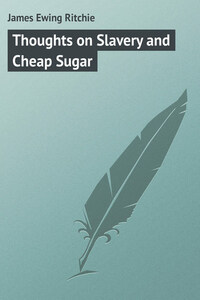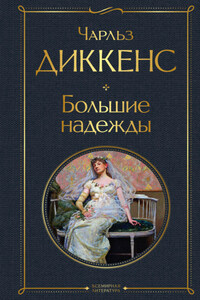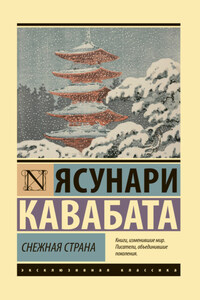To the Members and Friends of the British and Foreign Anti-Slavery Society
Gentlemen,
At the Annual Meeting of your Society, that has just been held, one of the most crowded you have ever convened, the able and eloquent advocate of free trade, George Thompson, succeeded in carrying an amendment, notwithstanding the avowed opposition of your officers and Committee; an amendment of the most essential importance, pledging you to the consideration of a subject that threatens to impair the usefulness, and to imperil the very existence of the Society you support. As a sincere well-wisher to that Society, as one eager with yourselves for the abolition of slavery throughout the world, the writer of the following pages beseeches you to peruse them in the spirit of anxious solicitude with which they were penned.
You must be aware, by the course you are pursuing, you are losing the sympathies of the popular mind. If you heed not what you are about, the results of last Friday’s vote will materially impair your strength. You are already quoted by men who have no interests in common with the people; you are an authority in the mouths of Conservative statesmen: the advocates of monopoly, and bloodshed, and death, for the former implies the latter, tell us you sanction their proceedings, and smile complacently on their resort to measures that can only derive efficacy from the fact, that they are backed by the soldier’s sword. Religious and peaceable men, as you are, with full faith, believing what reason and revelation alike teach, that truth – mere truth – simple and alone, is stronger than the iron arm of might, succumbs to no power, in heaven above, or on the earth beneath, how can you, how dare you, give the lie to the principles you profess, and ask the aid of government, which is based alone upon physical force? Think you, by the bayonet and ball, to ennoble your noble cause? Know you so little of earth’s history, as for one moment to suppose that wrong ever became right, or that by the employment of means which error has used with success, you can obtain even the shadow of a gain for the sacred cause of truth?
Sir Robert Peel, the forlorn hope of rulers who have come into the world a century too late, and who obstinately continue to oppose the advancing stream, by which they will assuredly be swept away, has done you the questionable honour of alluding to you, as on his side, in opposition to the people’s friends. How he abhors slavery, he has shown in the reduction he has announced in the duties on coffee, which employs three-fourths of the slaves in Brazil. Will this be no stimulus to slavery there? Or is the slave only the subject of your deep concern, when he is employed in the cultivation of sugar? The editors of the “Anti-Slavery Reporter” complain of being misrepresented, and blame Mr. Cobden for blaming them, as if they approved of the government scheme. But unfortunately you and the government have entered into partnership – Sir Robert Peel helps you, and you help him. It is the firm we find fault with. One member may not exactly approve of every thing his partner does, but he must bear it as best he can. We learn “from the ordinary channels of information,” as “they say in another place,” that Mr. Barber is very indignant at the idea of being made a sharer in the guilt of Mr. Fletcher, and his amiable accomplice, in the forgery of wills. We doubt not but that your Committee can quite sympathise in Mr. Barber’s righteous indignation. If they wished to avoid the charge of hypocrisy, which may be fairly brought against the West Indian monopoly party in the House of Commons, they should have acted as Mr. Barber must wish he had acted – they should have refused to be made the tools of any man, or set of men.
This has not been done. The odium that attaches to the government is yours. The slave-holder would, ere now, have been driven from the market – he would have stood before the world blasted in character and worth, had you never descended from the high ground on which it is given the advocate of truth to stand – had you never pandered to political factions – had you never given to party “what was meant for mankind.” The Tory press have come to your aid; and if you have the least regard for the great cause of which you are the pledged supporters, you will scorn the envenomed slanderers who supply what they need in reasoning, by the most vulgar and disgusting abuse. 1 It would be well, too, if some of your own Committee who are connected with the public press, would pause ere they impute incompetency to consider the question to those who gave the verdict last Friday, at Exeter Hall. That they were beaten is no argument whatever why they should insult those who differed in opinion from themselves. The Editor of the














